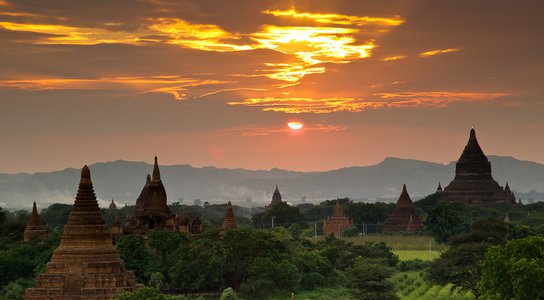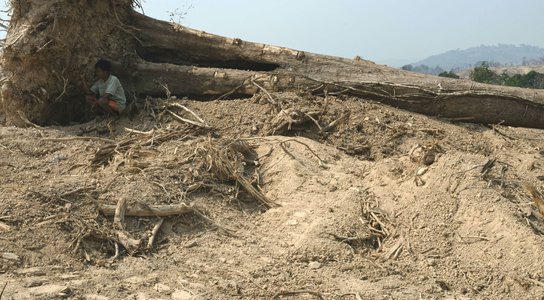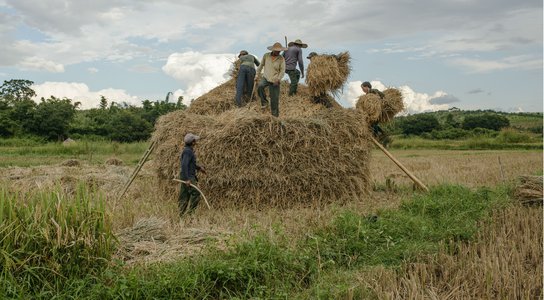South East Asia has experienced a rapid growth in the production of natural rubber over the past decade. With demand set to outstrip supply by around 10 per cent by 2020, the industry is expanding to new territories. Myanmar is the latest target for the rubber industry, but instead of the government promoting much-needed investment in small-holder rubber farmers, private companies have been given priority to buy up large swathes of land for plantations.
Foreign investment in Myanmar is increasing with the political reform process, but as Myanmar becomes more locked-in to global markets, intensification of agricultural investment promoted on such a large-scale could lead to a surge of foreign investment in land, bringing the same negative impacts to Myanmar that it has elsewhere. This could not only destroy one of the most important remaining ecosystems in the world but harm an already vulnerable population.
Land deals don’t need to happen this way – there’s significant evidence to show that investing and supporting smallholder farmers brings lasting economic, social and environmental benefits.
This briefing paper highlights the benefits of investing in small-scale rubber production and makes recommendations for the Government of Myanmar as to how best support and protect its farmers, including the establishment of a strong national land policy.
You might also like
-
Campaign Myanmar
Myanmar is so closely identified with natural resources such as jade, rubies and teak that its name is a brand in itself. But so far its people have not benefited from the brand.
-
Report Rubber Barons
Vietnam’s two biggest rubber companies are moving into Cambodia and Laos, seizing farmland, flouting land and forest protection laws and wrecking local livelihoods.
-
Report Guns, Cronies and Crops
New Global Witness exposé: how Myanmar’s business, political and military cronies conspired to grab farmers’ land, leaving communities struggling to survive.